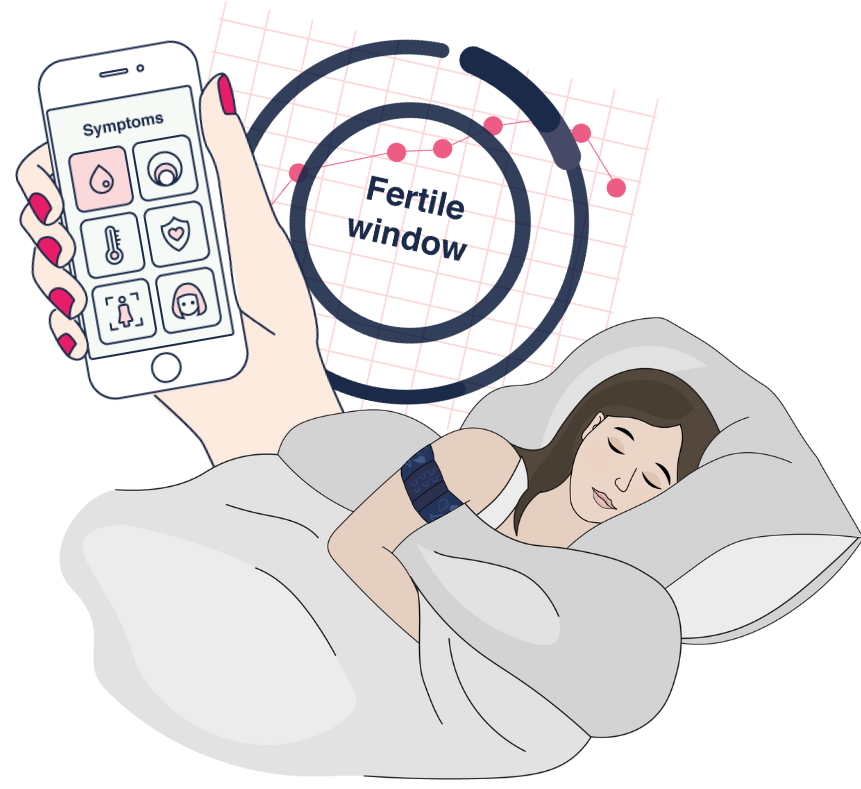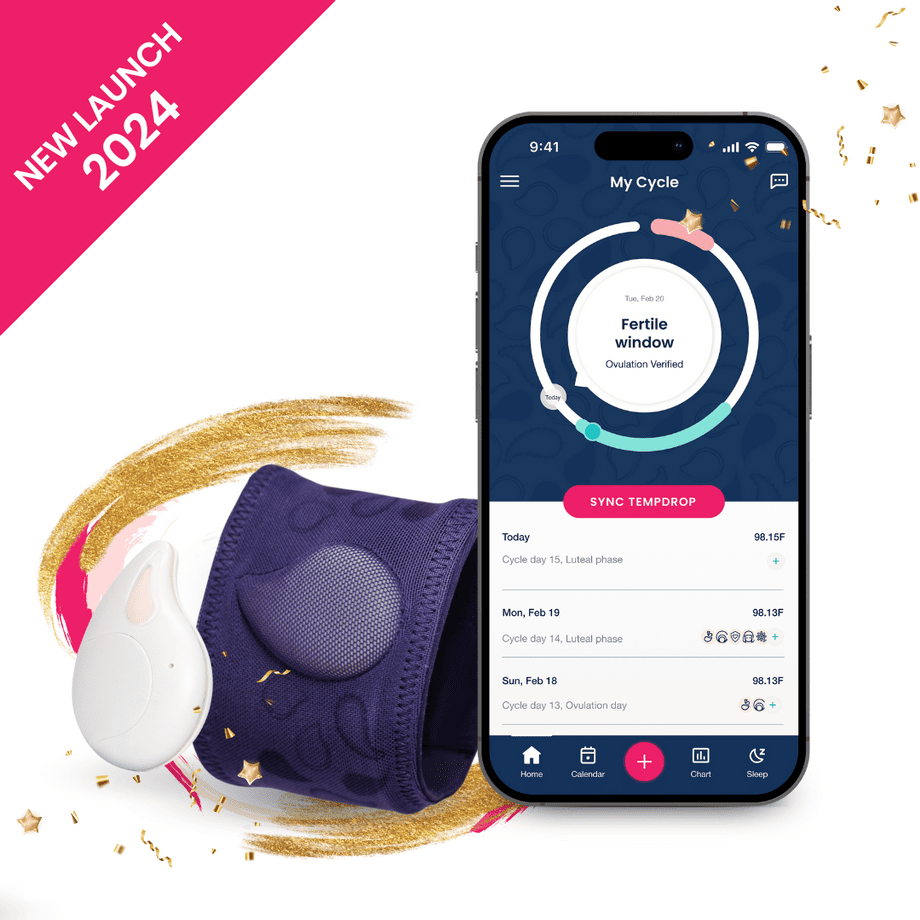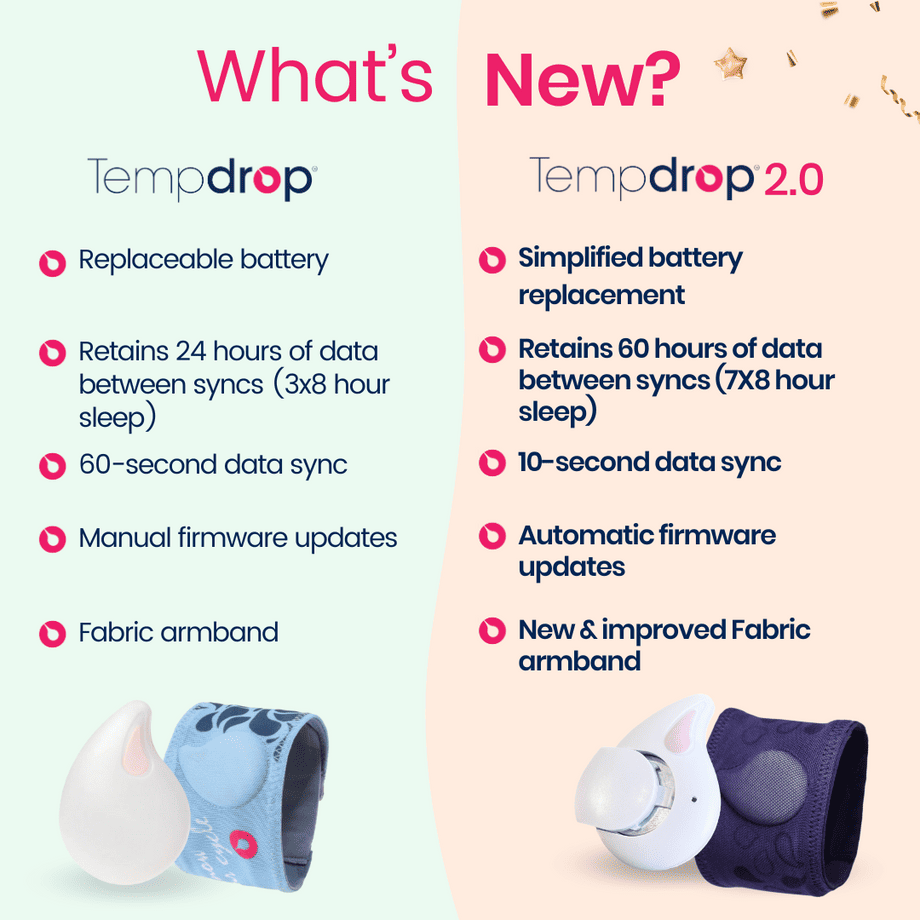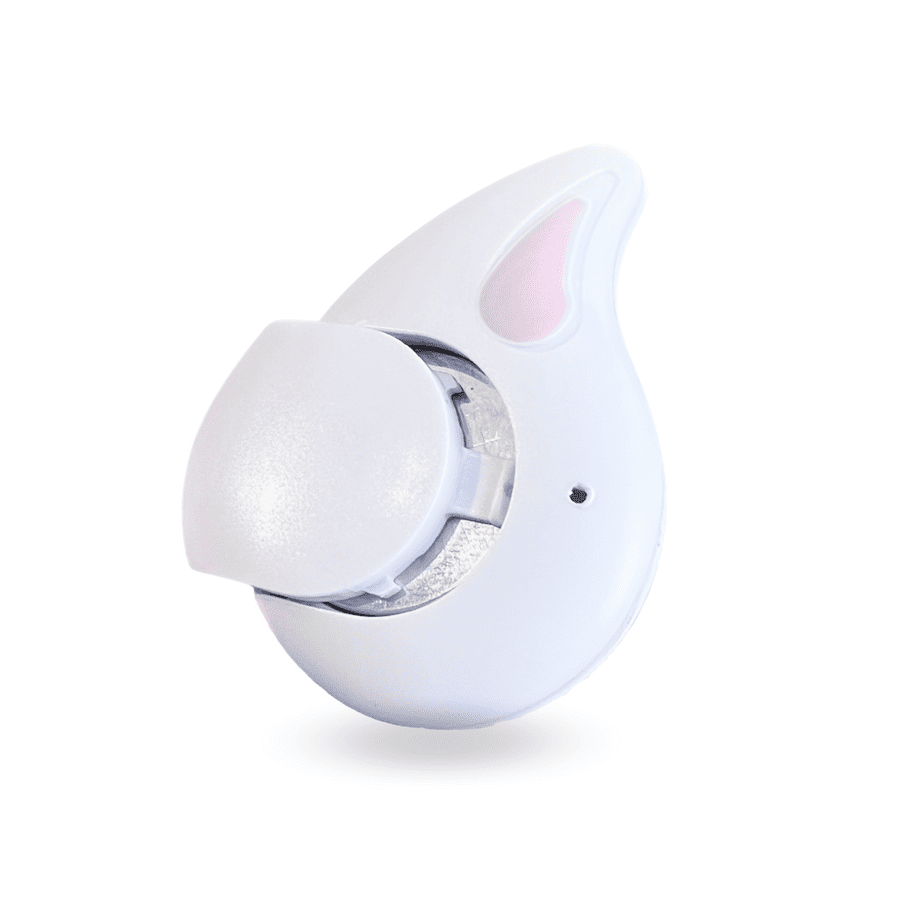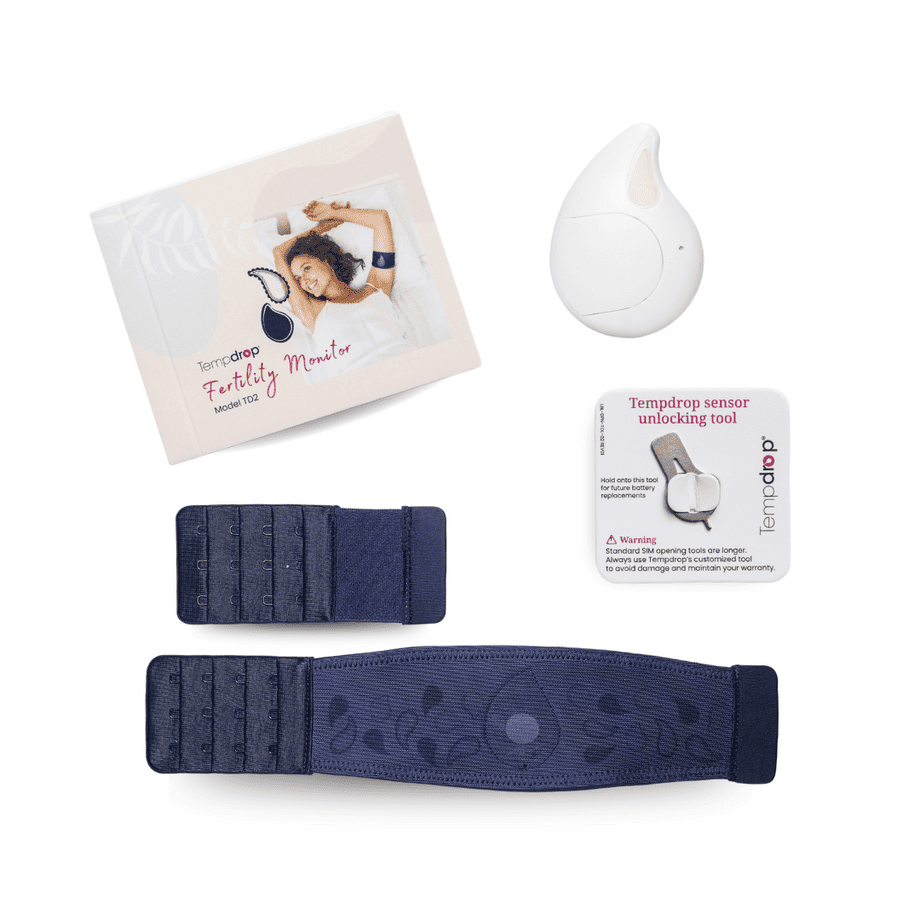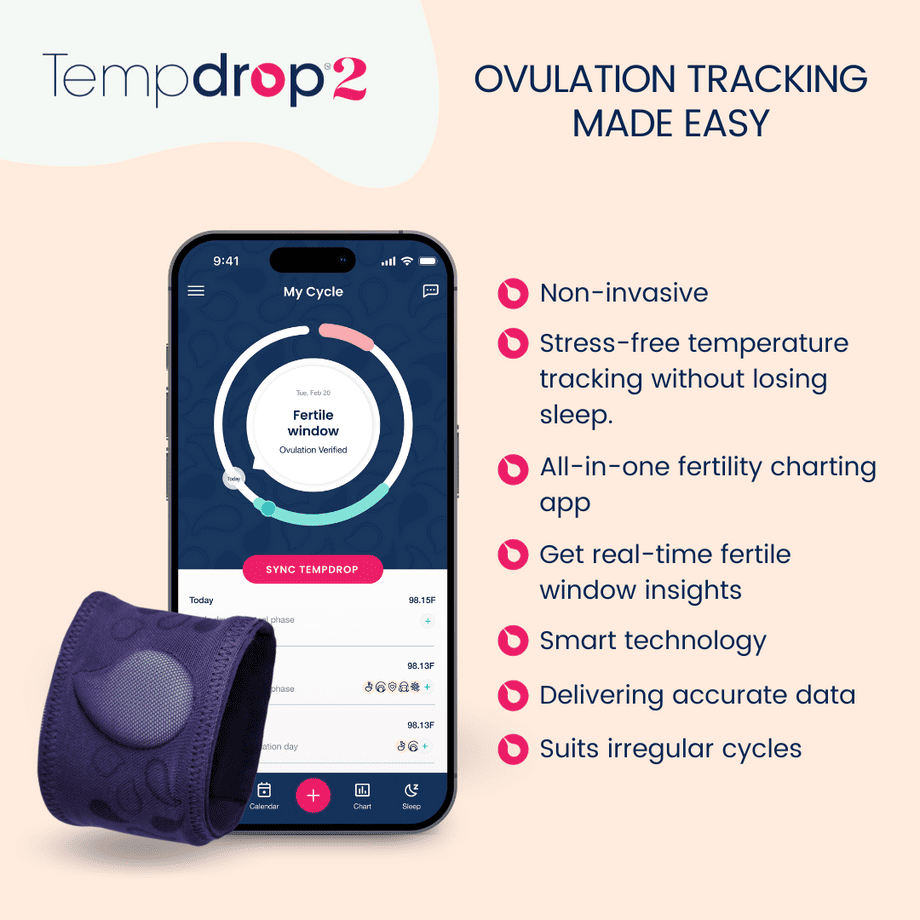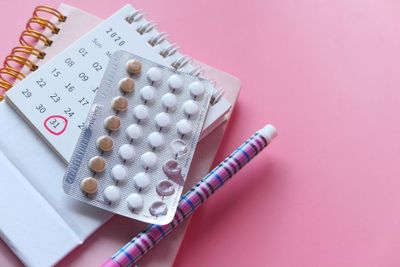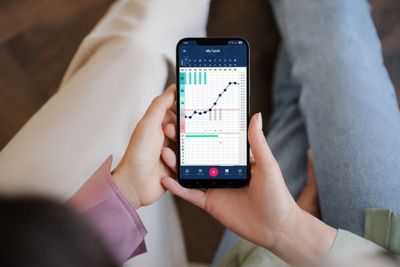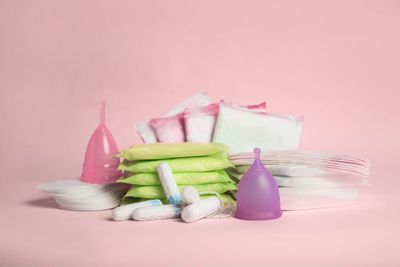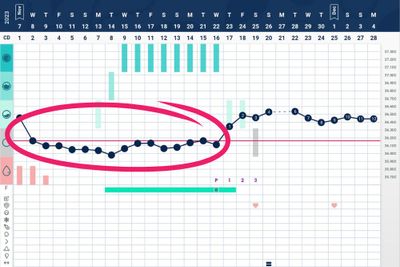What Is Fertility Awareness?
At its core, fertility awareness is about observing and charting the natural signs your body gives you throughout your menstrual cycle. Key indicators like basal body temperature (BBT), cervical mucus, cervical position and rises in hormone levels provide valuable clues about ovulation and your overall cycle health. These signs allow you to track your fertile and infertile days, giving you the power to work with your body—not against it.
Why Fertility Awareness Matters
Fertility awareness goes beyond reproduction; it’s about understanding your health on a deeper level. Your menstrual cycle is often called the "fifth vital sign" because it reflects your body's overall well-being and helps you feel more connected to your feelings, energy levels, and overall sense of balance.
Busting Myths About Fertility Awareness
One of the biggest misconceptions about fertility awareness is that it's only for people trying to get pregnant. In reality, fertility awareness is for anyone who wants to harness natural family planning, take control of their health and understand how their body works.
It’s also not the same as the outdated "rhythm method." Modern fertility awareness is rooted in science, with evidence-based techniques that consider your unique cycle variations.
Empowering Yourself With Knowledge
Tracking your cycle isn't just about fertility—it’s about empowerment. When you understand how your body works, you can advocate for yourself in healthcare settings, tailor your lifestyle to your cycle phases, and feel more in sync with your body.
By starting with the basics of fertility awareness, you'll open the door to a deeper understanding of your cycle, your health, and your potential. Explore our library of articles and start your journey toward body literacy today!
